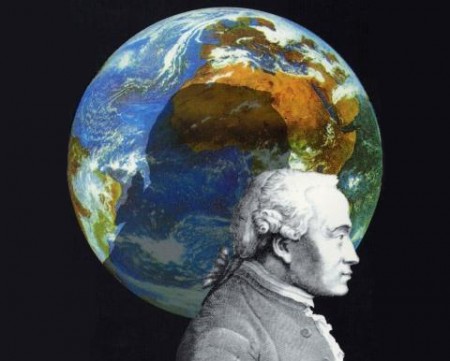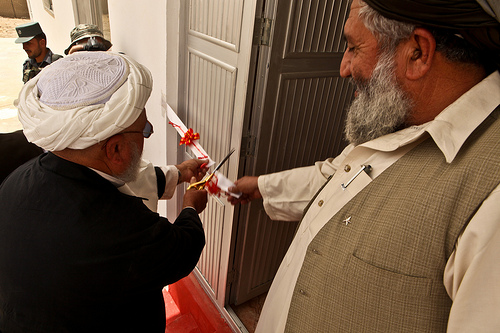
Probably no questions are more relevant today than those Niall Ferguson considered in his lecture on Monday (30 January 2012), hosted by the Swiss Institute of International Studies, at the University of Zurich. Fresh from the World Economic Forum (WEF) in Davos, the answers he gave were far from comforting: Can Europe collapse? Of course it can. Is America next? Maybe.
But more importantly, Ferguson told us, we should have seen this coming. Ten years ago, in an article he co-authored in Foreign Affairs, he predicted that Europe’s newly minted Economic and Monetary Union (EMU) was doomed without a fiscal union to accompany it. Indeed, Ferguson was one of the original ‘Cassandras’ of the project, warning as early as 2000 that “monetary unions can be undone by fiscal imbalances.” This, he told us, was one of the lessons of history. The closest precedent of the EMU, after all, was the obscure Latin Monetary Union, comprising France, Belgium, Switzerland, Italy, and Greece between 1865 and 1927. Why is it so obscure? Because it was destroyed by “asymmetric fiscal problems” – by the divergence between French fiscal probity, on the one hand, and Italian and Greek fiscal laxity on the other.





